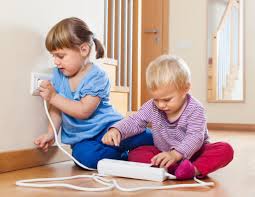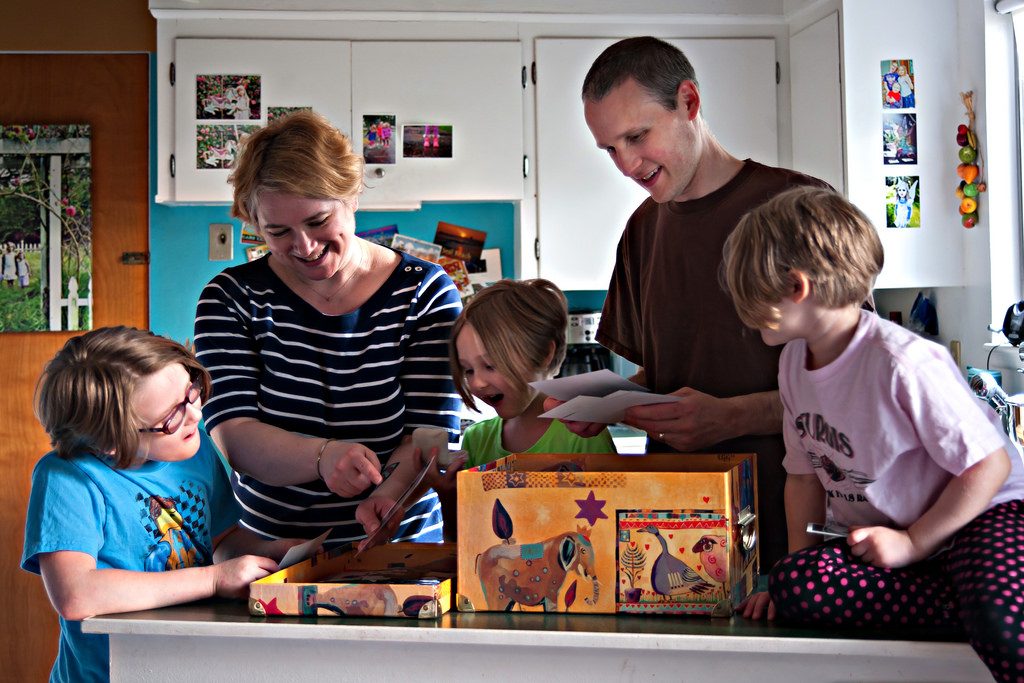Education stands as one of the best ways to keep you and your family safe. While any parent can speak of the stress when leaving older children at home unattended, there are strategies you can employ–and educate–to your kids. These tips will help you model a responsible mindset to your children.

- Model and Practice Confidence
There’s no use sugar coating the implications of an emergency. You should be honest and open with your children on what could happen if rules are not followed. While you do not want to increase your child’s anxieties, you do want to teach them how to confidently address situations. Impress the gravity of not entering a stranger’s car, or opening the door when they’re home alone. Children are able to comprehend and apply these rules when they understand the larger overview behind them, especially as you work together to create ideas on how to handle each scenario.
- Practice Your Emergency Escape
This step should be completed annually with your entire family. Think of this as a fire or emergency drill. As a family, decide on a safe zone outside of the house. This might be a close neighbor’s porch or the back corner of your yard. Once you decide on the place, instituted a random drill, where you ask your children to practice exiting the house and meeting in the designated spot. While this practice may seem silly, it can pay off big during an actual emergency when fear distorts critical thinking levels.
- Enlist Random Quizzes
Whether you’re on a long road trip with your kids or you’re making dinner for the family, surprising your children with ‘pop quizzes’ related to home safety can be a great way to continue talking and learning about security. While these quizzes are meant to be dialogue starters, they can be a great way to assess how much your child understands and comprehends the ideas. For young children, try: What’s the number you call if there’s a fire in the house? For older children, try: What would you do if a person knocks on the door and asks to borrow the phone?

- Take Out the Mystery of Household Objects
Don’t hide the chemicals and matchbooks from your children. While you’ll certainly want to keep these items away from very small children, you should be able to discuss and use common household items without fearing your child’s misuse of the object. Do this by taking out the mystery. Talk to your kids when using harmful chemicals to clean. Allow your children to light candles under your supervision. Practice knife skills in the kitchen when your child is ready. All of these events will help build awareness for your children on the proper usage of each tool. Chances are, the items will seem less attractive, and more common. Additionally, this strategy can be a great way to develop independence and skills.
- Develop a Code Word
When your children get older, they’ll be invited to birthday parties, sleepovers, even weekends away with friends and family members. A good way to keep the lines of safety open between you and your child when you’re apart, is to create a code word or phrase that can be issued over the phone or text, when your child is in danger. This code can be a good way to empower your child to spend time away from home while still feeling safe. Remind your children of the importance of this code–and only use it during an actual emergency!

